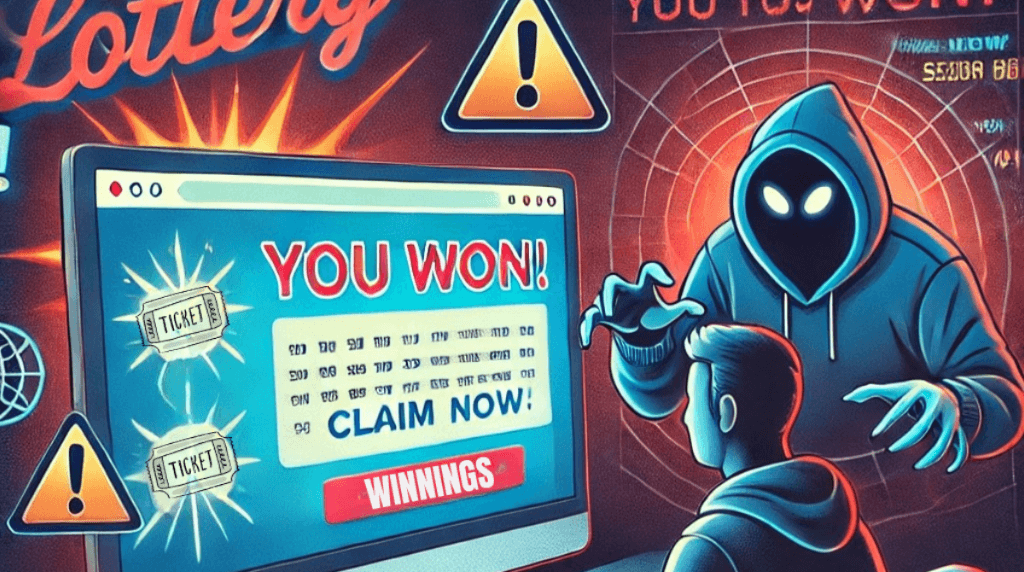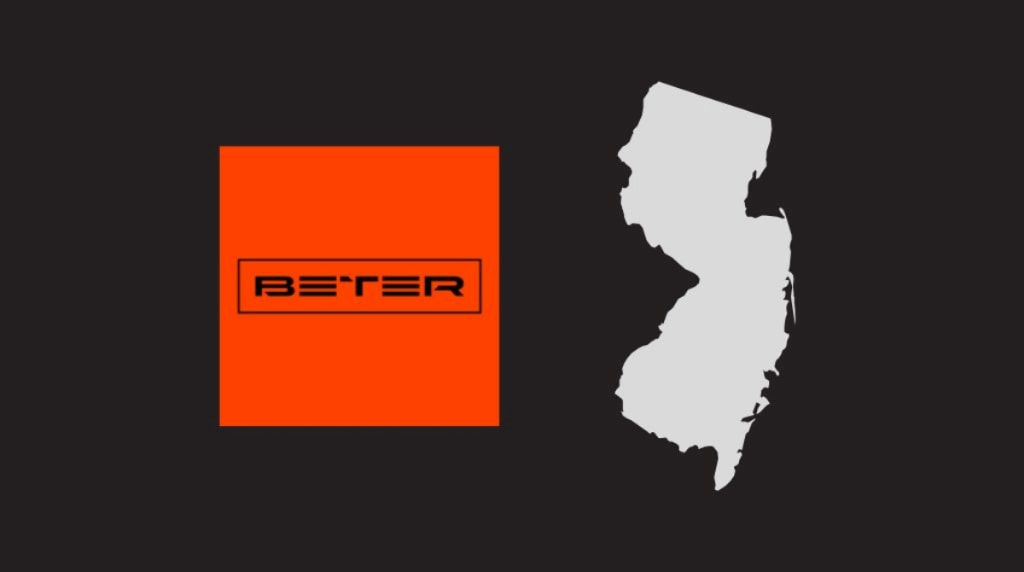TheLotter Warns Consumers in US of Fraudulent Ads on Ticket Selling
According to TheLotter, a series of troubling scams target lottery customers in the United States, including phishing, identity theft, and fake advertisements.

Online lottery ticket scams are targeting customers in US.
Key Facts:
- Fake websites are fooling some customers in the US, impersonating lottery ticket-selling services and swiping personal information
- Consumers who wish to purchase lottery tickets online should consult state gaming agency websites to verify selling platforms
- Lottery tickets can be purchased in many states via state-sanctioned websites
Online lottery players are being cautioned by TheLotter US about a surge in cybercrime, including phishing scams that target unsuspecting individuals. The trusted lottery courier service is urging customers to be aware of fraudulent websites and deceptive messages designed to steal sensitive personal information.
Heightened Security Concerns
TheLotter Group has underscored the growing sophistication of online scams affecting lottery participants. As cybercriminals refine their tactics, users must take extra precautions to safeguard their personal and financial details.
How to Recognize a Scam
Lottery players should be on alert for suspicious signs, such as:
- Unfamiliar or misleading email addresses
- Websites with low-quality visuals or broken links
- Requests for financial or personal information upfront
- Unusual communication from the seller asking for personal data
TheLotter’s fraud team has successfully shut down multiple fake websites impersonating its brand, including fast-lotter.com and thelotterlab.com.
Staying Safe Online
To protect against scams, TheLotter advises users to:
- Always log in directly to their accounts to confirm winnings
- Avoid sharing personal details in response to unexpected messages
- Be cautious of any payment requests that seem unusual
The company emphasizes that legitimate lottery services will never contact users about winnings they did not claim. A lottery ticket-selling service will also never ask for personal information outside of account setup, and even then, only to secure payment.
Individuals who suspect fraudulent activity are encouraged to report it to relevant authorities, such as the Federal Trade Commission or the FBI’s Internet Crime Complaint Center.
Both agencies have enforcement divisions and investigative capabilities to combat fraud and illegal gambling behavior. Consumers are urged to pay attention to the security settings on their browsers and only make purchases via secure connections.
Online lottery courier services sell tickets via a website and/or mobile app to consumers in states with a regulated lottery. Many states have had lotteries for decades that help fund programs such as education or public projects.
Before online sales, customers needed to visit a lottery agent location, often in a grocery store or convenience store or other retail spot.
TheLotter is entering new markets, including its Florida launch in 2024. Several states have been pondering the addition of online lottery ticket sales as consumers become accustomed to the convenience of gaming via their mobile devices.




